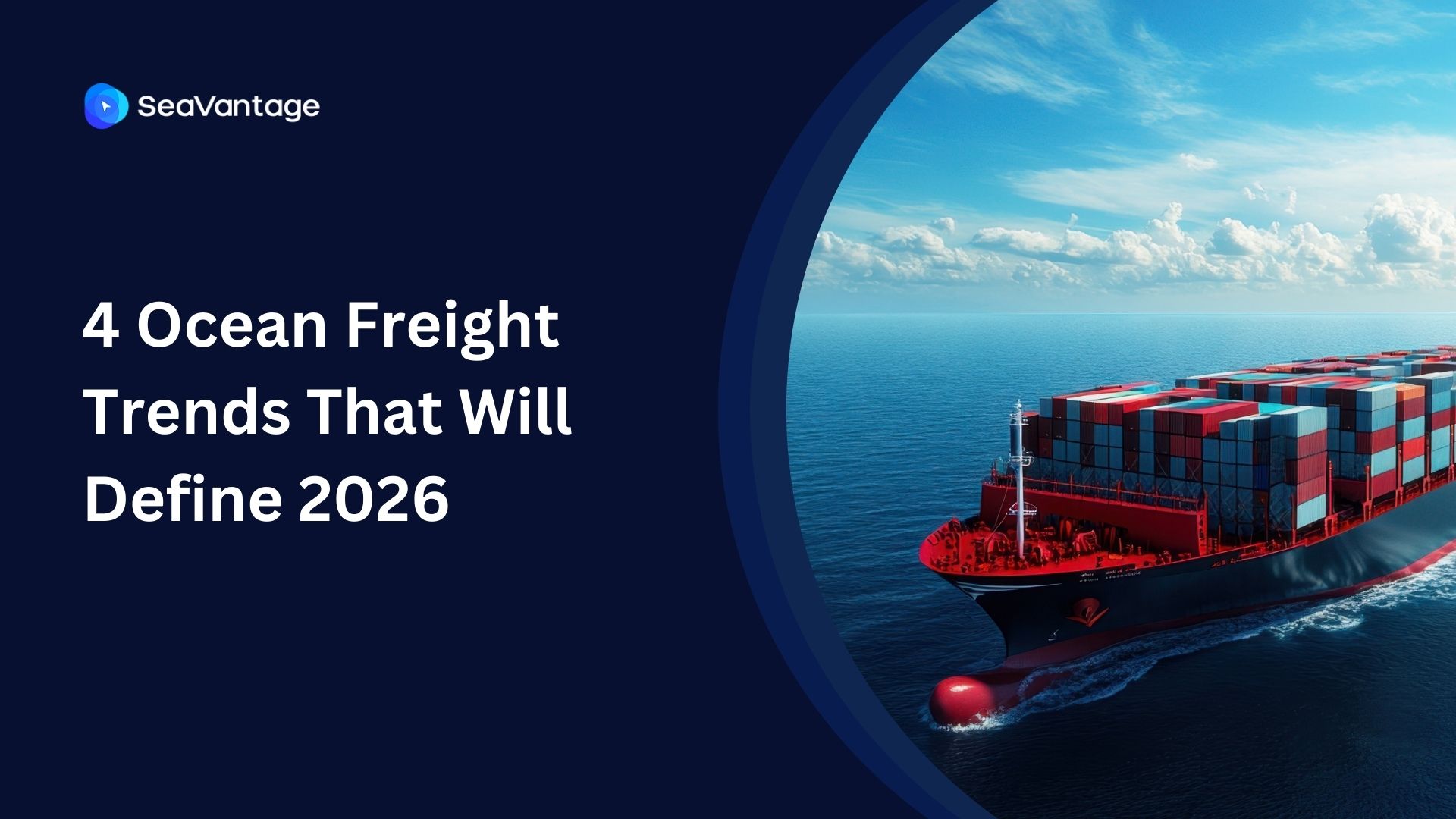Lessons from the Ukraine Crisis and the Pandemic on Global Supply Chains - 2022

The Ukraine crisis and the COVID-19 pandemic impacted global supply chains significantly in 2022, highlighting the importance of being prepared for unexpected disruptions and the need for agility and flexibility in managing these challenges.
The Russia/Ukraine war disrupted trade and transportation routes, resulting in delays and increased costs for businesses that rely on imports and exports between the two countries. The ports of Mariupol and Odesa, key transit points for goods in Ukraine were disrupted and had to shut down by the conflict.
In China, city-wide lockdowns and mass Covid-19 tests resulted in the closures of factories and companies and the disruption of operations at its major ports. The country's "zero-covid policy negatively impacted major shipping ports like Shanghai, Ningbo, and Shenzhen" and when it came to manufacturing, companies like Tesla and Foxxcon had to force some of its workers to work in a closed-loop system (a strategy of having workers live and work on-site)
Here are some key lessons that have been learned from these events in 2022.
The Importance of contingency planning
Both the Ukraine crisis and the pandemic were largely unforeseen, highlighting the importance of having contingency plans to mitigate the impact of unexpected disruptions and help ensure operations continuity. The complexities of global supply chains pose a wide range of potential disruptions, and by planning for potential disruptions in advance, businesses can minimize their impact on the supply chain.
Agile and flexible supply chains are essential
The ability to quickly adapt and pivot in response to changing circumstances is essential for managing supply chains effectively. Companies that were able to quickly adjust their operations and find alternative routes and methods of transportation were better able to weather the storms caused by the events of the pandemic and the conflict between Russia and Ukraine. Companies can remain agile through the adoption of visibility platforms for their supply chains.
Mitigate risk by diversifying
Diversifying supply chains can help to mitigate the impact of disruptions in specific regions or sectors. This helps in reducing over-reliance on any one supplier, transportation route, or market, and by providing alternative options in case of disruptions. For example, a company that was heavily reliant on a single supplier for critical components from countries such as Ukraine and China left its supply chain vulnerable to disruptions as many suppliers were experiencing difficulties. Sourcing goods from multiple countries or regions can reduce the risk of reliance on a single supplier or transportation route.
Collaboration and communication are crucial
Working closely with partners and logistics providers, as well as keeping stakeholders informed, can help to minimize the impact of disruptions and ensure the smooth operation of supply chains. By working together and sharing information, companies can identify and address potential problems before they turn into full-blown disruptions. Effective collaboration between companies in the supply chain can help to identify potential bottlenecks or vulnerabilities and implement strategies to mitigate them. For example, suppose one firm in the supply chain experiences production delays, another company can adjust its production schedule to compensate.
Transparency is important
Having transparency in the supply chain can help companies better understand their supply chain risks and vulnerabilities, and take steps to mitigate or manage those risks. For example, if a company has visibility into its supply chain, it can more easily identify potential bottlenecks or weak points and take steps to diversify its supplier base or find alternative routes for transporting goods.
In conclusion, the Ukraine crisis and the COVID-19 pandemic have taught us the importance of being prepared for unexpected disruptions and the need for agility and flexibility in managing global supply chains. By implementing contingency plans, diversifying supply chains, collaborating with partners, and being transparent, companies can better navigate the challenges posed by these types of events and ensure the continuity of their operations.
Founded in 2018, SeaVantage is a fast-growing start-up helping companies transform their ocean supply chain with real-time and predictive visibility solutions. Top leading companies including Samsung SDS, POSCO, Hyundai GLOVIS, and Lotte Global Logistics utilize and trust our data solutions to optimize their maritime logistics and operations.
Our cargo insight, ship insight, and port insight platforms help our customers proactively manage and respond to unforeseen disruptions in their ocean transport, which in turn ensures a better quality of service for their end customers and financial gains.
2025년 9월, 주요 글로벌 항만에서 어떤 운송사가 가장 긴 선박 체류 시간을 기록했는지 확인해보세요. 트렌드를 비교하고, 지연을 파악하며, 전체 항만 데이터를 통해 운송 전략을 최적화할 수 있습니다.
2025년 8월, 주요 글로벌 항만에서 어떤 운송사가 가장 긴 선박 체류 시간을 기록했는지 확인해보세요. 트렌드를 비교하고, 지연을 파악하며, 전체 항만 데이터를 통해 운송 전략을 최적화할 수 있습니다.
2025년 7월, 주요 글로벌 항만에서 어떤 운송사가 가장 긴 선박 체류 시간을 기록했는지 확인해보세요. 트렌드를 비교하고, 지연을 파악하며, 전체 항만 데이터를 통해 운송 전략을 최적화할 수 있습니다.
Explore how tariffs, blank sailings, port congestion, and canal disruptions reshaped global ocean shipping in 2025 — and what supply chain leaders must do next.
Is your ocean supply chain ready for 2026? Discover 4 critical trends, from weather disruptions to strategic booking, and how to adapt.
iscover the 4 critical ocean freight trends for 2026, from the Red Sea reopening and fleet overcapacity to shifting global trade maps. Prepare your supply chain now.



.svg)







.png)